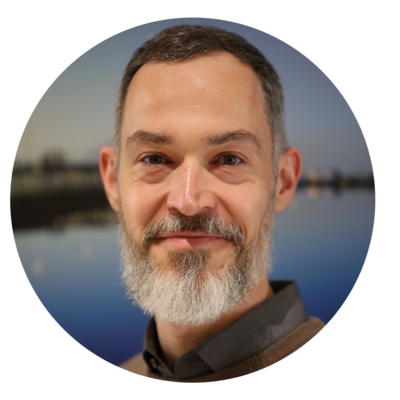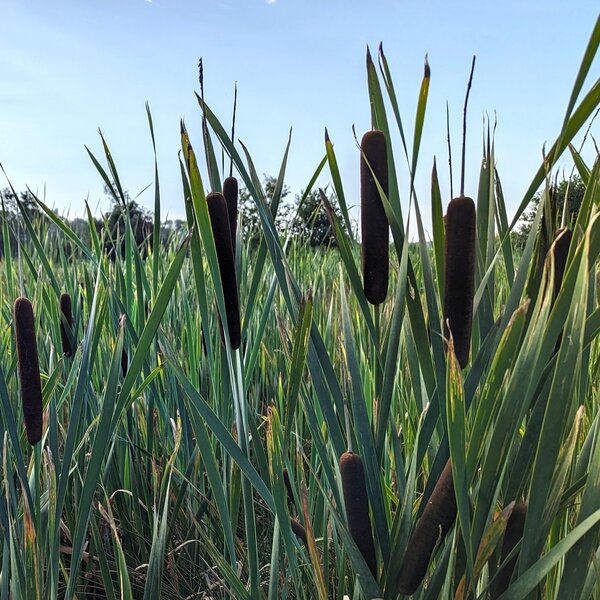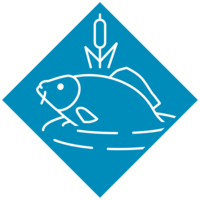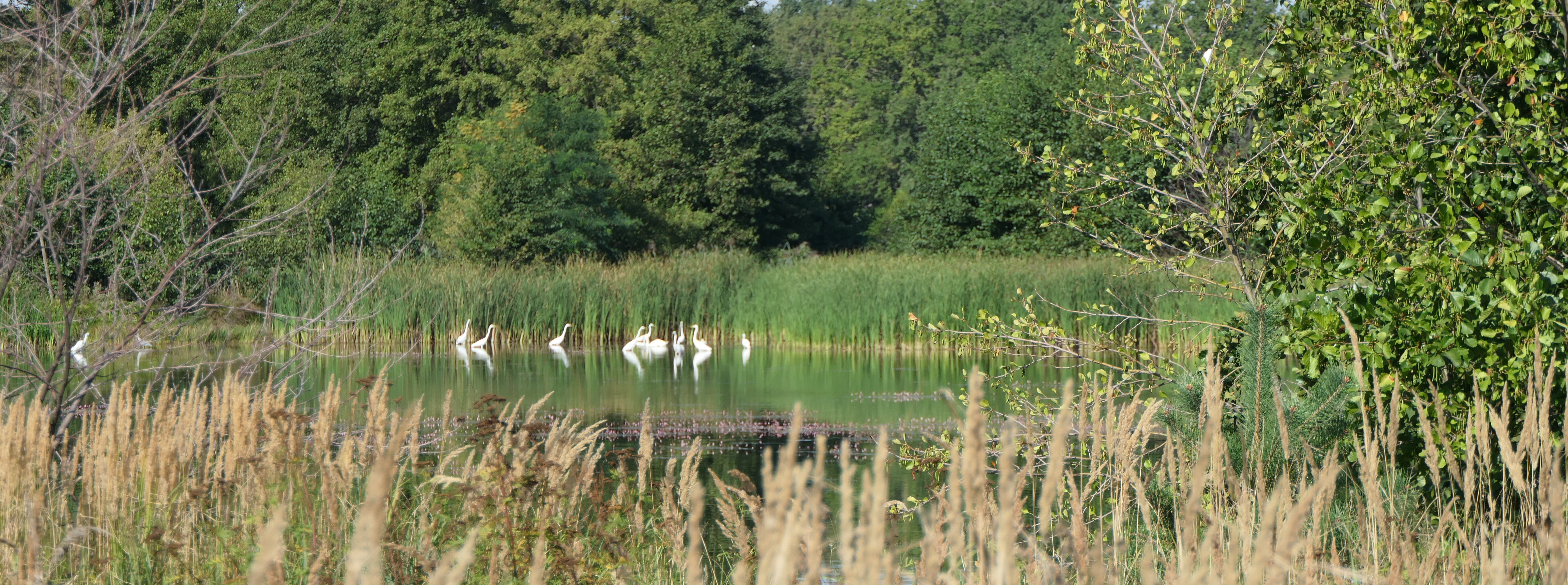Fish have been farmed in ponds in Germany and Europe for centuries. However, these fish ponds are not only places for food production. They are also hotspots of biodiversity and play an important role in climate and water. Little attention has been paid to the other potential uses of ponds, and little research has been done in this area. In Trenthorst, therefore, research will focus primarily on co-uses such as flood protection and ecological aquaculture.

"In this experimental field, we want to show how important pond farming is in our cultural landscape. Fish ponds combine sustainable food production with diverse ecosystem services, thereby making a valuable contribution to society. We are laying the foundations for the systematic recording of these services and, at the same time, opening up space to test innovative approaches to pond farming."
Dr. Stefan Reiser, project coordinator

Fish farming in inland ponds has a long tradition. Pond farming in Germany and Europe therefore shapes the landscape in many places and creates a sense of identity among the population. Ponds form an important basis for the sustainable development of aquaculture. This is because ponds can be much more than just a place for food production. They are hotspots for biodiversity, both in the water and along the banks. Fish ponds also have a supra-regional significance for the climate and water balance, for example for water retention, groundwater recharge and flood protection. They are also important for the retention of nutrients and suspended solids and for CO2 compensation.
The diverse co-use possibilities offered by ponds have been rather neglected up to now. Under certain conditions, fish ponds can be integrated into the irrigation system for agriculture, equipped with photovoltaics to generate renewable energy, or used to reduce nutrient inputs through the production of biomass. In Trenthorst, nine ponds, each measuring around 5,000 square metres, are therefore to be created for innovation or demonstration projects. There, effects and potential relating to ecosystem services, biodiversity, greenhouse gas sources and sinks, and ecological management, for example, are to be systematically recorded and analysed.

